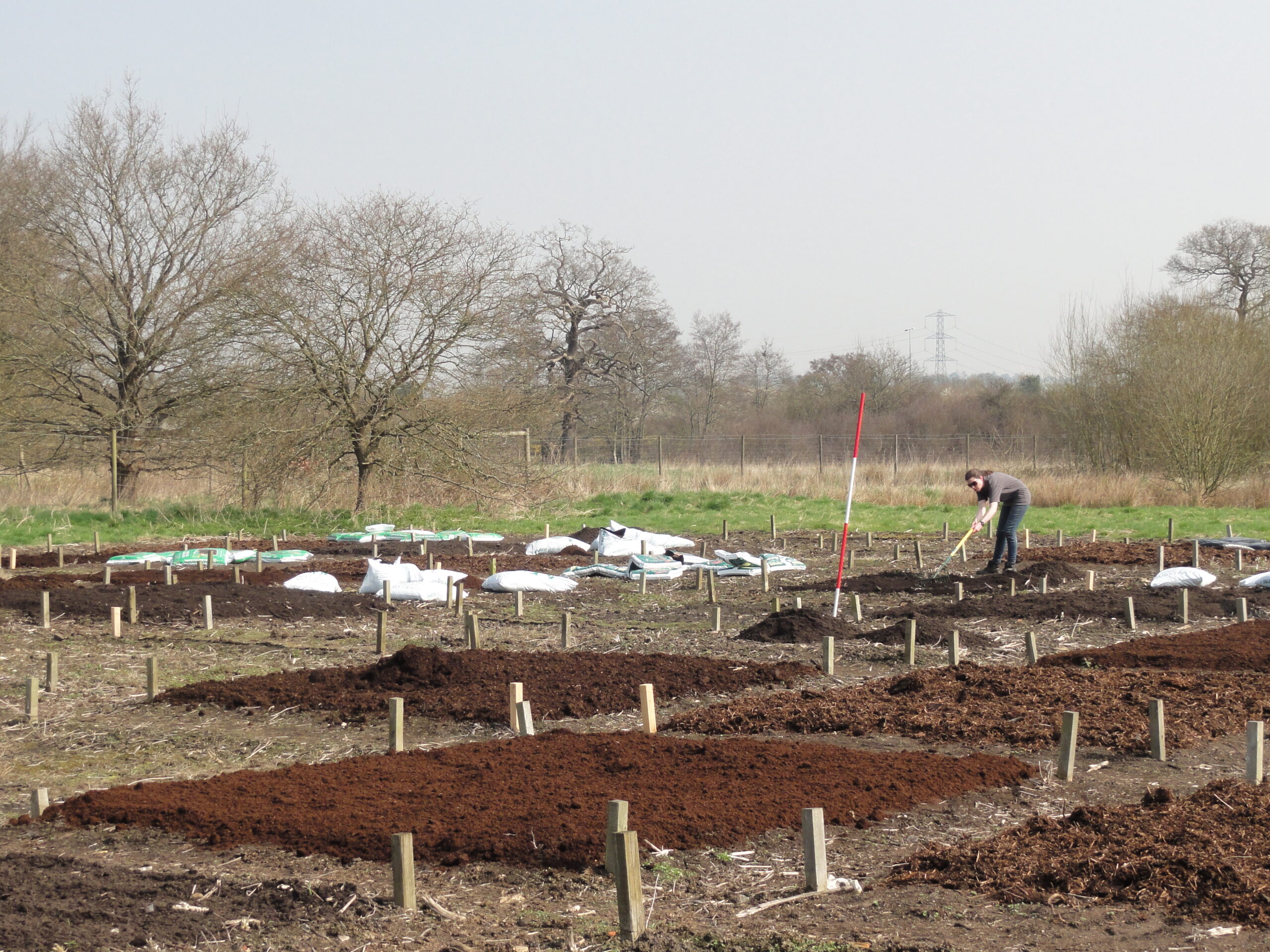Effects of application of horticultural soil amendments on decomposition, quantity, stabilisation and quality of soil carbon
Soil fertility is integral in helping plants grow. However, there are big differences in the amount of carbon stored between compost types. By identifying the quality and turnover of soil to assess carbon levels and by questioning the practice of compost application as a means of increasing soil carbon in the long term, this work will inform horticultural practices in the future.
If you’re a gardener you probably know how important it is to improve soil fertility to help plants grow. Like professional horticulturists, we often seek to be more sustainable, but even using organic compost in turns out there are big differences in the amount of carbon stored between compost types (affecting the ability of our agricultural soils to help mitigate climate change).
Sarah Duddigan and colleagues from the University or Reading and the Royal Horticultural Society set out explore this question using state-of-the-art approaches to characterise soil organic matter quality and turnover. They found surprising results, such as how composts rich in organic matter (from plant fats and waxes) did have lots of carbon, but because that carbon had been broken down in the absence of mineral soil components, it was less stable.
This puts into question the practice of compost application as a means of increasing soil carbon in the long term. The results of this study are very important for informing horticultural practices, especially at a time where various peat-alternative amendments are under consideration.
Sarah Duddigan is a Research Assistant split between the Department of Geography and Environmental Science, and the Department of Sustainable Land Management at the University of Reading. She is the winner of the University’s 2023 Research Output Prize (Environment theme) for her article as first author in Scientific Reports, ‘Effects of application of horticultural soil amendments on decomposition, quantity, stabilisation and quality of soil carbon’. The paper is dedicated to the memory of Professor Joanna Clark, a valued examiner, mentor and friend.
Find out more about this work on Connecting Research.

